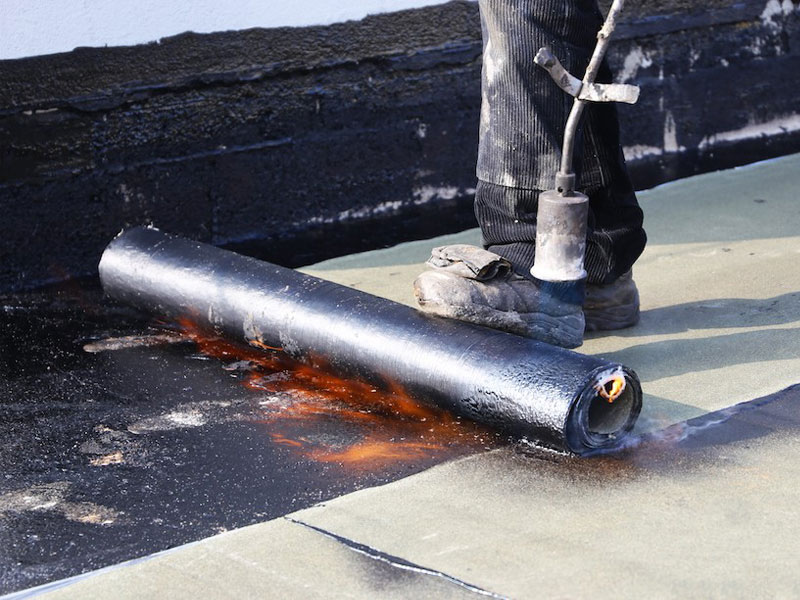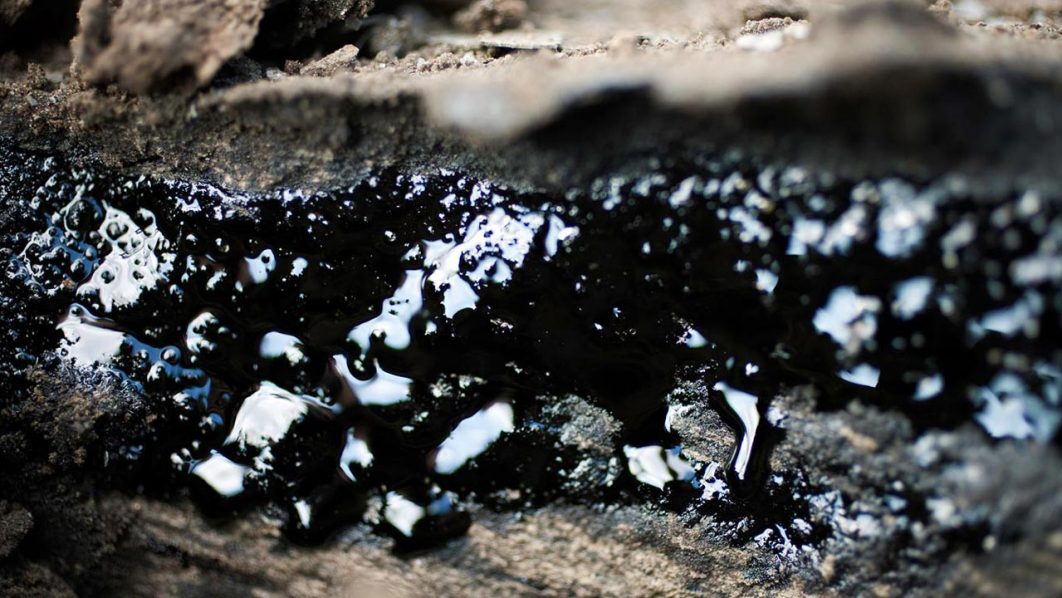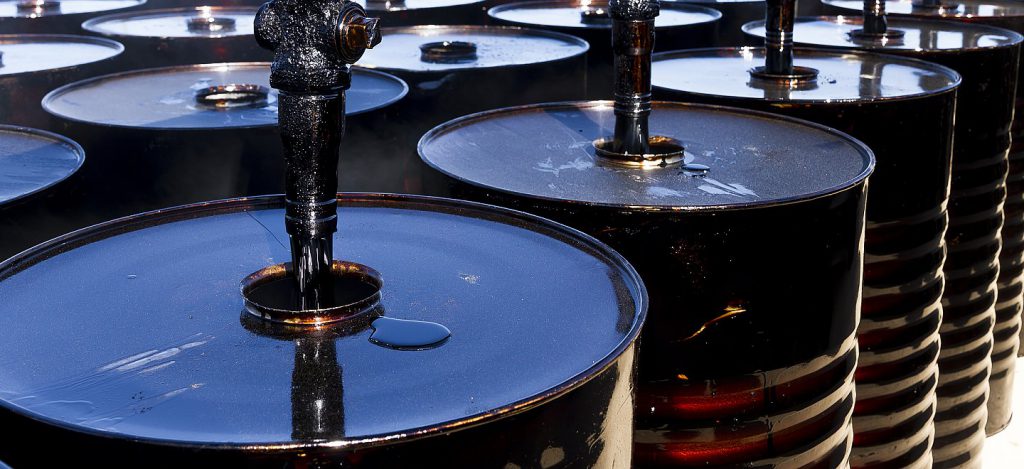Bitumen 90/15 is a remarkable substance that plays a pivotal role in various industries, from construction to road paving. Its versatile properties and diverse applications make it a cornerstone of modern infrastructure development. In this comprehensive guide, we will delve into the world of Bitumen 90/15, exploring its composition, uses, benefits, and environmental impact. Whether you’re a construction enthusiast or simply curious about this fascinating material, let’s embark on a journey to uncover the hidden gems of Bitumen 90/15.
Read More: Bitumen
Introduction to Bitumen 90/15
Bitumen 90/15, often referred to as asphalt or tar, is a viscous, black, and highly sticky substance derived from crude oil distillation. It has been used for centuries due to its exceptional adhesive and waterproofing properties. Bitumen 90/15 is a critical component in various industries, primarily construction, transportation, and infrastructure development.
Composition and Properties
Bitumen 90/15 is composed of hydrocarbons and is classified into different grades based on its consistency and viscosity. It is notable for its resistance to temperature fluctuations, water penetration, and chemical exposure. The material’s elasticity, durability, and high melting point contribute to its widespread use.
Applications in Construction
In the realm of construction, Bitumen 90/15 serves as a key binding agent in asphalt concrete, commonly used for road surfacing, airport runways, and parking lots. Its ability to adhere to various aggregates makes it an essential ingredient, enhancing the structural integrity of pavements and reducing maintenance requirements.
Read More: Drilling Barite
Bitumen 90/15 in Road Paving
Bitumen 90/15 is the backbone of modern road construction. Its incorporation into asphalt mixtures provides flexible yet resilient surfaces that withstand heavy traffic and environmental challenges. The use of Bitumen 90/15 contributes to smoother rides, reduced noise levels, and enhanced road safety.
Waterproofing Solutions
The waterproofing properties of Bitumen 90/15 make it an ideal choice for sealing roofs, foundations, and other structures. Its exceptional adhesion and impermeability protect buildings from moisture and prevent potential water-related damages.
Environmental Considerations
While Bitumen 90/15 offers numerous benefits, its production and application can raise environmental concerns. Efforts are underway to develop more sustainable practices, such as recycling old asphalt and exploring bio-based alternatives to mitigate its ecological footprint.
Advantages Over Other Binders
Bitumen 90/15 holds several advantages over alternative binders. Its ability to maintain flexibility at low temperatures and resist deformation under high loads sets it apart. These qualities contribute to the longevity of pavements and reduce maintenance costs.
Read More: Wikipedia
Sustainable Practices
To address environmental challenges, researchers and industry experts are working on innovative ways to enhance the sustainability of Bitumen 90/15. These include using reclaimed asphalt pavement (RAP) and incorporating recycled materials to reduce raw material consumption and energy usage.
Quality Control and Testing
Ensuring the quality and performance of Bitumen 90/15 is crucial. Rigorous testing methods, including penetration tests and softening point analysis, are employed to determine the material’s suitability for specific applications.
Innovations in Bitumen Technology
Recent advancements in technology have paved the way for improved Bitumen 90/15 formulations. Polymer-modified bitumen and nano-bitumen are examples of innovations that enhance the material’s mechanical properties and overall performance.
Future Prospects
The future of Bitumen 90/15 holds exciting possibilities. As sustainable practices and innovative technologies continue to evolve, this versatile substance is expected to play an increasingly significant role in creating durable, eco-friendly, and high-performance infrastructure.
Read More: Kaolin
Conclusion
Bitumen 90/15 stands as a remarkable testament to human ingenuity, bridging the gap between tradition and innovation. Its profound impact on construction, road development, and waterproofing solutions cannot be understated. As industries strive for sustainability and progress, Bitumen 90/15 will undoubtedly remain a vital player in shaping a resilient and interconnected world.









